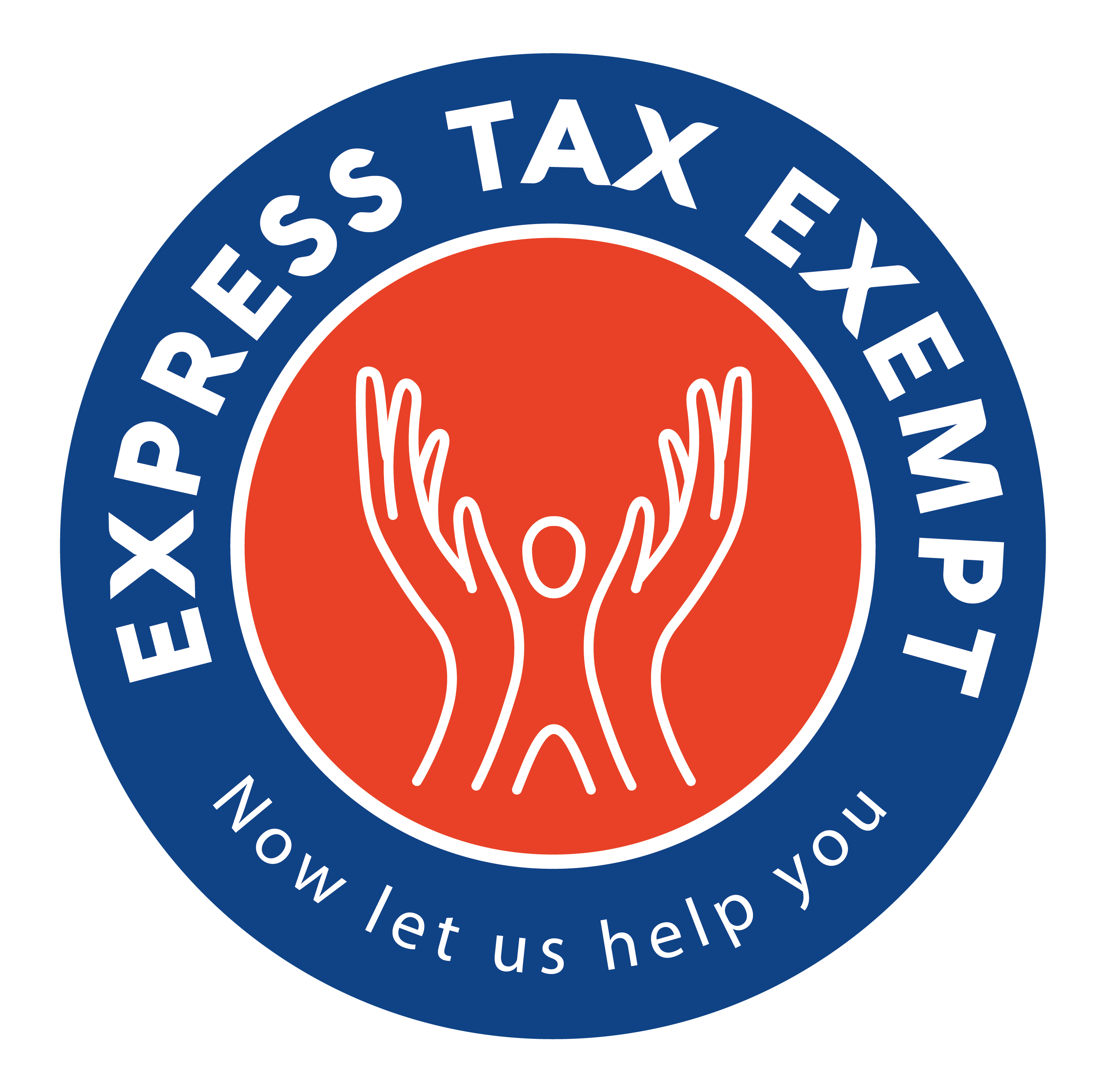Intangible Religious Benefits from Charitable Contributions
Goods and Services
Written acknowledgments for goods and services exchanged for donations must contain a description of what the organization provided and an estimated monetary value of items or services given to the donor. Contributors should also subtract the estimated amount from the total fair market value of the donation to know the deduction value. Goods and services typically include cash, benefits, property, services, or privileges. There are exceptions – one of which is intangible religious benefits.
Intangible Religious Benefits
The IRS does not require a description or value of goods included with a written acknowledgment from faith-based organizations that only provide intangible religious benefits to donors. The statement needs only to say the organization provided such benefits. A tax-exempt organization operating exclusively for religious purposes can only grant this type of benefit; it’s usually something that you can’t sell as a consumer transaction.
Examples of intangible religious benefits include admission to religious ceremonies or a de minimis tangible benefit such as wine used for religious services. Benefits that the IRS doesn’t consider intangible or faith-based include education towards a recognized degree, consumer goods, or travel services.
If you have any questions regarding substantiation and disclosure requirements or about intangible religious benefits, we recommend seeking a tax professional for assistance. You can inquire about Schedule B and Form 990 information by calling the IRS Tax-Exempt Hotline at 877.829.5500.




